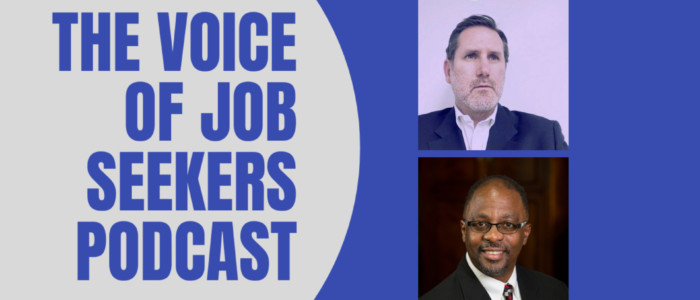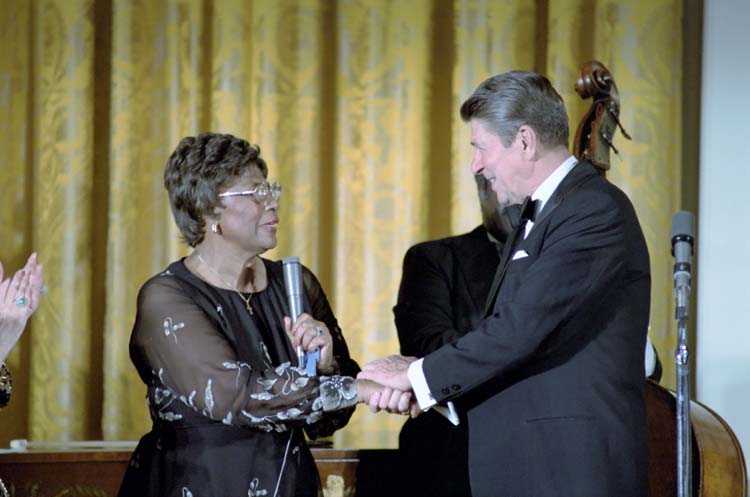
When candidates prepare for a single job interview, they must have intel about how the job and industry work and what makes the hiring manager and team tick.
Control of the interview is to create a conversation to make the interviewer feel you’re easy to work with daily and exchange ideas. You’re not controlling because you’re asking the questions. You guide the conversations with the answers and responses you give, making the interviewer want to know more.
1) How does your experience resonate with what the team does regularly? Through rapport, you look for times to trade stories with the interviewer(s) about departments, conferences, and training.
2) You can control the tempo of the conversation by getting the interviewer to engage in your stories. Storytelling is the best way to accentuate your strengths and how you implemented solutions. Engagement gets them involved in sharing some of their stories and challenges.
3) Show you can gather, analyze, and manage data to customize to the company’s needs based on what’s discussed in the interview. They want to preview your work behaviors and crisis reactions. Most interviewers consider their work challenges unique and want to know how the candidate faces adversity.
What about candidates who are nervous or shy during the interview? How can they take control without coming across as too aggressive?
A good candidate connects with the interviewer through storytelling, but if you want to positively persuade them to like you, control the pace of sharing your experiences.
Great stories convey peaks and valleys, intrigue and suspense, the protagonist (that’s you), and an antagonist (the problem). Ultimately, you share the solution, but it doesn’t mean you must tell it all in one shot.
You can pause and ask the interviewer if they faced similar experiences or challenges.
You can interject how you feared or failed in judging the outcome.
You can also draw some parallels between the company problems and the ones you’re about to share and how you solved the issues you faced.
I have interviewed and hired many call center reps in my management career. The best interviews were ones where the candidate was a great listener. Throughout our conversation, they were able to repeat the needs of our call center through specific examples of how they handled similar experiences.
Even short stories can have all of the elements told in a way that generates interest and conveys value. When people see themselves in a scenario, they’re intrigued.
You can always stop a story to see if people identify with the storyteller, the audience, or both. If the experiences are shared, the interviewer may share their knowledge. The exchange and conversation where everyone involved is learning and conveying interest is the best gauge of how your interview went despite the hiring outcome results.
About Mark Anthony Dyson
I am the "The Voice of Job Seekers!" I offer compassionate career and job search advice as I hack and re-imagine the job search process. You need to be "the prescription to an employer's job description." You must be solution-oriented and work in positions in companies where you are the remedy. Your job search must be a lifestyle, and your career must be in front of you constantly. You can no longer shed your aspirations at the change seasons. There are strengths you have that need constant use and development. Be sure you sign up to download my E-Book, "421 Modern Job Search Tips 2021!" You can find my career advice and work in media outlets such as Forbes, Inc., Fast Company, Harvard Business Review, Glassdoor, and many other outlets.

